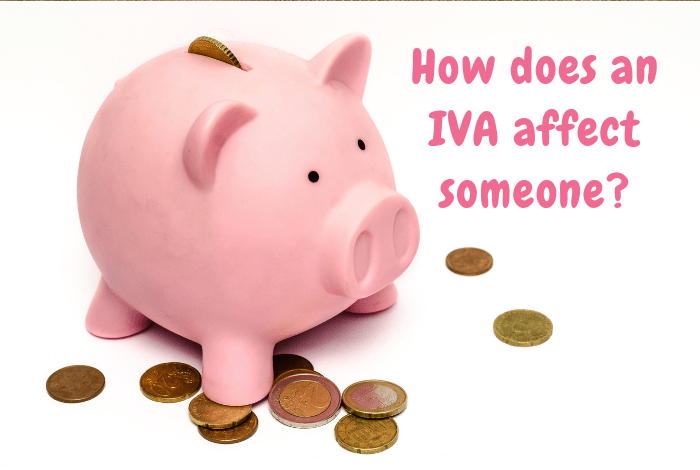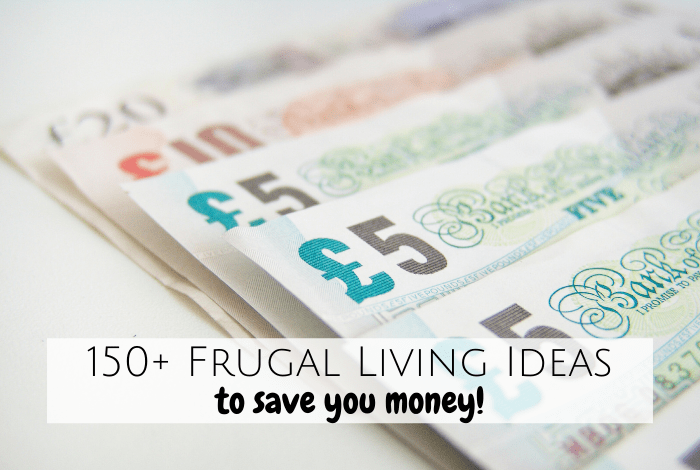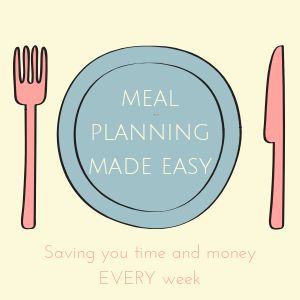An Individual voluntary arrangement or IVA is a legally binding agreement present between you and your creditors to help you pay off the debts you have at an affordable rate. An IVA can seem like the perfect solution as you not only get structured repayments based on what you can afford but you also get an end date to the debt cycle but it’s not the perfect solution you might think as there are some long-term impacts on you and your credit file.
For that reason, you need to understand exactly what you’re getting into before you enter into an IVA and it is always recommended that you get professional and impartial IVA Help & Advice.
I’m not an expert by any means but I do have a few facts that I can share with you if you are considering an IVA. Read on to find out more…

Is it possible for everyone to get an IVA?
You need to know that not everyone is able to qualify to get an IVA. IVA’s tend to be generally suitable for individuals who have a sustainable type of regular source of income although individuals having a lump sum that they can afford to pay towards the debts may even qualify for some IVA.
You also need to know that not all debts are included in an IVA. The most common debt kinds are able to be included, like credit cards, overdrafts, gas plus electric arrears, personal loans, as well as payday loans.
Secured debts (such as mortgages or even secured loans) along with some other debts (such as student loans, fines plus child support) need to be paid separately outside of your IVA.
Restrictions you can face on your IVA
You should carefully consider an IVA as there are possible consequences present for your personal, professional as well as financial life. Read on to learn more.
- The credit rating you have will get affected for some years, beginning from the date that the arrangement is agreed for a period of six years usually.
- A budget will need to be kept for the full term specifically of your IVA, often 60 or 72 months.
- When you miss payments, then your IVA gets extended so as to make up arrears.
- The IVA has the ability to impact your employment, therefore check your contract or even speak to the HR department.
- The IVA can affect hire purchase agreements that you may have.
- During an IVA you need to declare any additional assets that you get after this IVA has been approved. It is possible that you will need to pay these, particularly into your IVA.
- For those who earn any additional income and bonuses, they will need to pay certain amounts of this into an IVA and that in addition to the normal contribution that you pay.
It is therefore important that you get the help of some professional so as to figure out if it is a good idea to get an IVA.
Will IVA affect your home?
With an IVA it’s unlikely that you will need to sell or remortgage your home but you need to make sure this is clearly discussed when you take advice as there are situations when it could be advised as far as I know. For example, if you have a lot of equity in your home. Your insolvency practitioner will be the best person to answer this based on your own specific circumstances.
Don’t miss out on future posts like this – receive updates directly to your inbox by email by adding your email address here and hitting subscribe. You can also follow me on Twitter, BlogLovin or Networked Blogs and I’d love to see you over on my Facebook page and on Instagram. You can find out more about me here.









